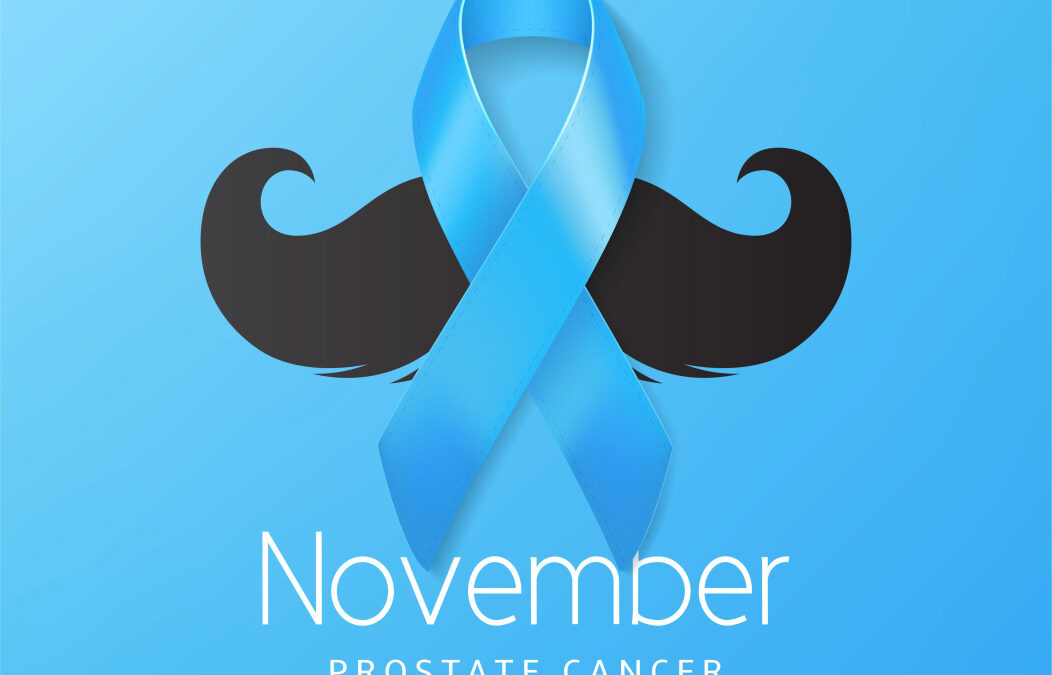Prostate Cancer
It is only right after last month’s Breast Cancer feature that this month, November, we highlight Prostate Cancer. Movember is in full swing, for those that don’t know, Movember is a modern tradition where chaps from all walks of life grow a moustache and/or beard to help raise awareness and funds to help battle cancer of the prostate.
At The Lighthouse Centre we provide complementary therapies and counselling services for those with life limiting conditions and cancers. We know how devastating Prostate Cancer can be, so in this article we want to help to highlight the symptoms in the hopes that more men will recognise them and catch the signs early. As with all cancers, the earlier it is recognised the more effective the treatment is at dealing with it.
What is the Prostate
The NHS describe the prostate gland as: “a small gland in the pelvis, found only in men. About the size of a satsuma, it’s located between the penis and the bladder, and surrounds the urethra. The main function of the prostate is to produce a thick white fluid that creates semen when mixed with the sperm produced by the testicles.”
Symptoms
Symptoms do not normally present until the prostate is enlarged enough to affect the tube that transports urine from the bladder out through the penis. Symptoms include:
- Needing to urinate more often
- Straining when you urinate
- Feeling like your bladder is not completely empty
These symptoms do not necessarily mean you have Cancer, it could just be a sign that your prostate gland is enlarged, however, it is always better to get these symptoms checked – do not ignore them!
Who is at Risk?
Cancer of the prostate only affects men as women do not have a prostate gland. Most cases of Prostate Cancer develop in men aged 50 and over. Research suggests that obesity increases the risk of contracting it It tends to be more common in men of African-Caribbean and African descent and less common in Asian men.
If you have a close relative who has had Prostate Cancer, then there is an increased risk that you will also develop it – so stay vigilant!
More Information
If you are worried about any kind of Cancer seek medical advice immediately. For further information about how this Cancer is treated and the NHS support available visit this page on the NHS website.

Recent Comments